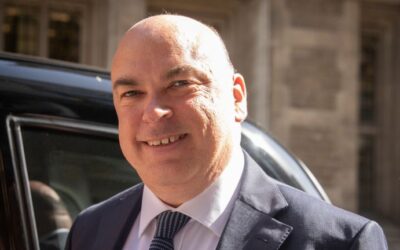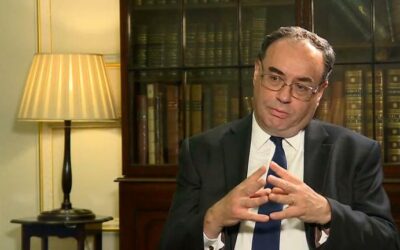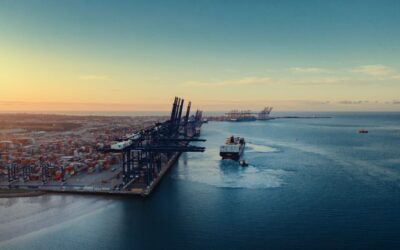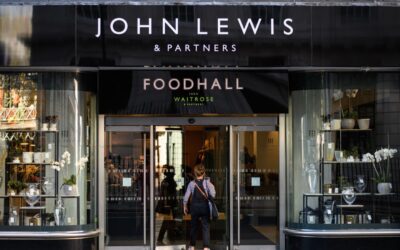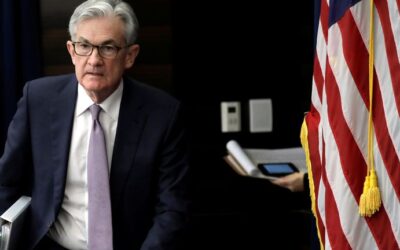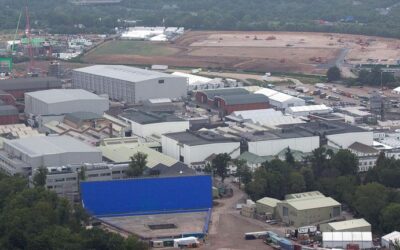One of the UK’s “big four” accountancy firms has been fined a record £15m for its audit of the software company Autonomy ahead of its £7bn sale to Hewlett-Packard.
The Financial Reporting Council (FRC), which brought the case, said a tribunal found the firm’s audits in 2009 and 2010 fell “significantly” short of expected standards for auditors.
It is the latest legal fallout to arise over the deal, completed in 2011, that saw the US tech brand buy Autonomy from its founder, entrepreneur Mike Lynch.
Image: Mike Lynch was the founder and chief executive of Autonomy
The US tech giant subsequently wrote down the company’s value by three-quarters and took Mr Lynch to court, claiming Autonomy’s finances were falsified.
He has denied any wrongdoing and counter-sued.
Advertisement
The £15m fine is the heaviest penalty to be issued by the FRC – beating the £10m sum handed to Deloitte rival PwC for its work on the accounts of BHS ahead of its collapse.
The FRC said that in addition to the fine, the tribunal ordered Deloitte to foot the £5.6m bill covering the cost of the investigation and subsequent hearings.
More from Business
Two former Deloitte partners, Richard Knights and Nigel Mercer, were also given fines of £500,000 and £250,000 respectively for their roles in the audits.
The FRC said “integrity, objectivity and independence” had been lost and said the pair had “failed to exercise adequate professional scepticism and to obtain sufficient appropriate audit evidence.
“Deloitte should not have issued unqualified audit opinions in these years based on the audit evidence obtained.
“Deloitte, Mr Knights and Mr Mercer fell seriously short of the standards to be expected of a reasonable auditor.”
A spokesperson for the company responded: “We regret that the FRC tribunal has ruled that aspects of our audit work on Autonomy between 2009 and 2011 fell below professional standards required.
“Our audit practices and processes have evolved significantly since this work was performed over a decade ago and we continue to transform our audit by investing in firm-wide controls, technology and processes.
“We remain committed to playing our role in delivering change that embraces audit quality, improves choice and restores trust in the profession.”
Mr Knights and Mr Mercer issued a statement, saying: “We are disappointed that the tribunal has criticised our conduct and certain judgements we made in 2009 to 2011.
“At all times we believe we acted professionally, diligently and in good faith and we disagree with the findings. We are grateful for the full and unwavering support of Deloitte in this matter.”

